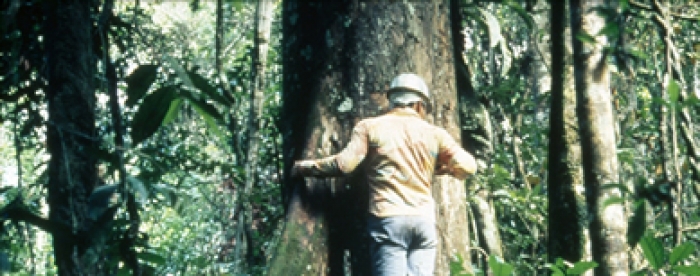Het CELOS Management Systeem (CMS) is een systeem voor het oogsten van tropisch hout, dat erop gericht is het ecosysteem zo min mogelijk te verstoren en tegelijkertijd economisch rendement te genereren. Het CMS is ontwikkeld door het Centrum voor Landbouwkundig Onderzoek in Suriname (CELOS) en de Landbouwuniversiteit van Wageningen (Nederland, tegenwoordig Wageningen University and Research Centre). In de jaren zestig en zeventig is het systeem oorspronkelijk ontwikkeld voor Suriname, maar heeft intussen internationale erkenning gekregen.
In de afgelopen decennia is de belangstelling in Suriname en in andere Latijns-Amerikaanse landen en het belang van reduced impact logging (houtkap met een gereduceerde impact) en duurzaam bosbeheer sterk toegenomen, evenals de belangstelling voor het CMS. Er was een duidelijke behoefte aan een synthese, die een beschrijving van de CMS-principes, het daarmee corresponderende oogstmodel en de bijbehorende bosbouwkundige behandelingen samenbrengt, evenals een evenwichtige beoordeling van de langetermijneffecten op de bosbouwkundige en ecologische dynamiek en de biologische waarde van de beheerde bossen, zoals blijkt uit de verschillende studies die zijn uitgevoerd in de proefbossen.
Het boek "Duurzaam beheer van tropische regenwouden: het CELOS-beheersysteem" combineert de theoretische basis van het systeem en de praktische resultaten zoals blijkt uit uitgebreid en langdurig experimenteel werk in de proefbossen. Deze ecologische, bosbouwkundige en praktische kennis maakt evaluatie mogelijk van het CMS in termen van huidige concepten en beleid voor tropische bossen en tropische bosbouw, inclusief belangrijke ontwikkelingen op deze gebieden.
